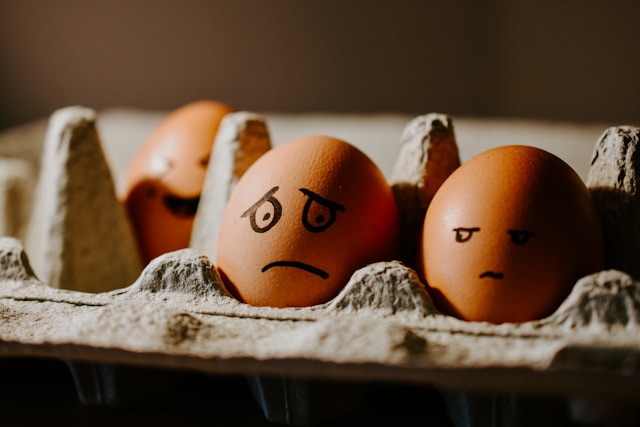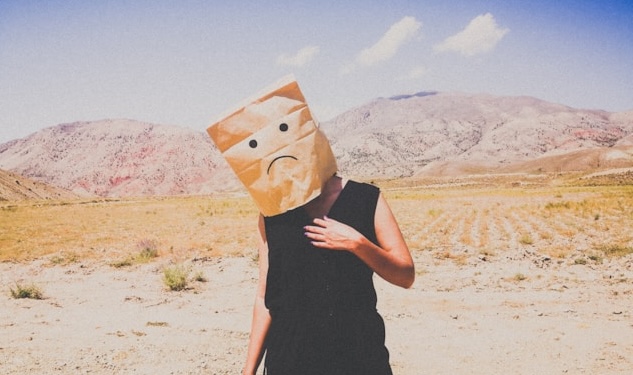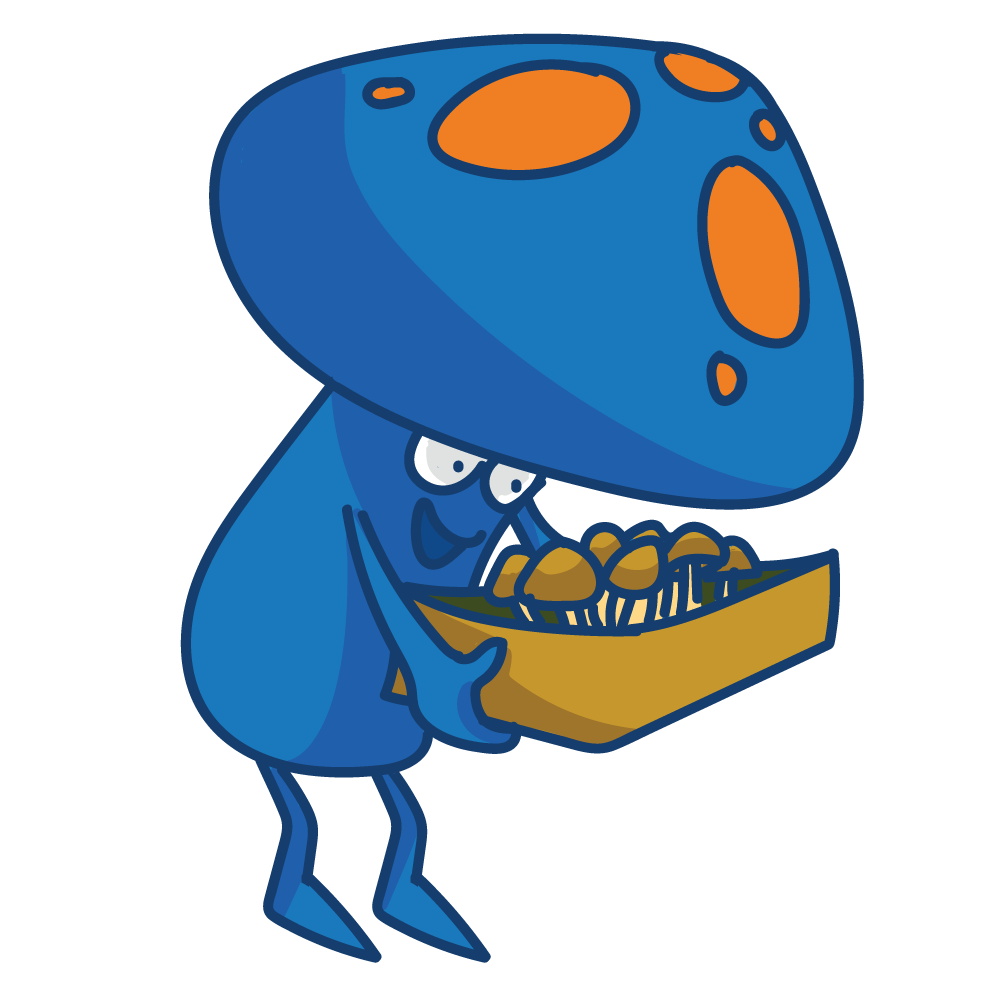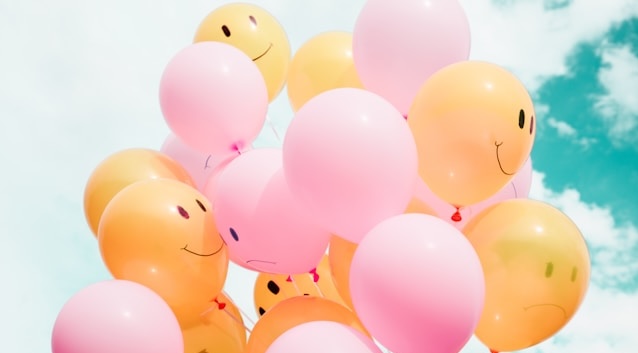In a recent study, researchers found that psychedelic-assisted therapy can reduce pessimism, as well as actually increasing feelings of optimism, in an individual. This finding stems from the growing field of research into the use of psychedelics to treat mental health conditions, such as depression and anxiety. One of the most prominent characteristics of conditions like depression is the ‘pessimism bias’. This refers to the tendency of a person to overestimate the likelihood of bad things happening, while underestimating the probability of good things happening.
Psilocybin: A Cure For Pessimism?
If psilocybin (from magic mushrooms and truffles) is able to reduce these pessimistic feelings — while also increasing optimism — this could go a long way towards the alleviation of depression, anxiety, and other mental health conditions. It is also intriguing to consider the benefits that could be reaped by those who do not even suffer from these specific conditions. Everyone feels a little down sometimes, or worries about what the future holds — it’s part of being human after all. But wouldn’t it be great to have a healing tool at your fingertips, to give you just a little bit more sunshine, a little more lightness in your step, to get you through the day?

The Link Between Pessimism Bias and Mental Health Issues
We all know someone who thinks they struggle with ‘bad luck’. It could be your mum, your friend, your partner, it could even be you. Expecting negative outcomes and failures in life is a very common expression of pessimism bias. Many people suffer from this, however it is especially associated with depression and anxiety. Constantly anticipating negative outcomes or going over and over negative experiences can lead to feelings of helplessness, hopelessness, and low self-worth. These feelings characterize depression. However, constant catastrophizing can contribute to intense anxiety too. This is why these conditions often occur together.
These kinds of negative feelings do not exist in a vacuum. They affect our behavior too. If the future you envisage is bleak and empty, disappointment-filled, then what is the point in even trying? You may end up struggling with apathy, indecision, and withdrawal.

How Increased Optimism Can Benefit Our Mental Health
Studies have found that higher levels of optimism are linked to lower levels of stress. There is also a connection between higher optimism and effective coping strategies, as well as increased social support (could this be because optimistic people are more enjoyable to be around?) All of these shield against depression. When faced with the difficulties of life, those who score highly on the optimism-front avoid hopelessness, which promotes good mental health outcomes.
Optimism is characterized by hope for, and confidence in, a positive future. When confronted with problems — such as the daily pressures of work, social life, and responsibilities — optimists will face these with positive emotions. That’s not to say optimistic people don’t experience negative emotions such as anger or frustration. But, they do overall expect that things will turn out OK. Pessimists, on the other hand, expect negative outcomes which can lead to sadness and despair.
Optimism is also associated with numerous positive behavior traits. These include better ‘social health’, i.e the ability to get on with, and form meaningful relationships with others, as well as lower rates of alcohol and drug abuse.

Psilocybin Can Reduce the Pessimism Bias and Increase Optimism
A 2018 study by Robin Carhart-Harris and Taylor Lyons explored the effect of psilocybin on pessimism biases. The study subjects were 15 people with treatment resistant depression. They each showed significant pessimism at baseline. This bias was related to how severe their depressive symptoms were.

The patients completed the Prediction Of Future Life Events (POFLE) twice, first at baseline and then one week after their psilocybin dosing session. The patients were given psilocybin twice — the first dose being 10mg and the second, a week later, being 25mg.
The POFLE task asks participants to predict the likelihood of certain life events occurring within a 30 day period. After they have made these predictions, the actual rate of these events occurring is reported. This offers the researchers a picture of how pessimistic or optimistic the participants’ mental attitudes are, based on how realistic their predictions were.
Study Finds Participants Pessimism Bias Significantly Reduced
Excitingly, in the POFLE task completed one week after the psilocybin treatment, the pessimism bias and the depressive symptoms in patients were significantly reduced. On top of that, the reduction in both pessimism and depression were significantly correlated. The researchers also noted that the patients actually became far more accurate in their predictions of life events. Cathart-Harris and Lyons concluded that “psilocybin with psychological support might correct pessimism biases in TRD, enabling a more positive and accurate outlook.”
This study is backed up by previous research. A 2016 study looked at the long-term mental health outcomes of cancer patients who were given psilocybin. The results, published in the Journal of Psychopharmacology showed that a high dose of psilocybin produced an increase in optimism and a decrease in anxiety. This was shown to be sustained after 6 months.

Can You Be Too Optimistic?
Of course, a little bit of pessimistic realism is necessary to get by in the world too. That’s why you might have a second (or third) choice university. That’s why you take an umbrella and sunblock on holiday. However, if psilocybin can help to remind us that there is light, even in the often gray and confusing world we find ourselves in, then taking that step towards optimism is that little bit easier. Although we may find life hard, or struggle occasionally, having the conviction that things will get better illuminates the path before us.





